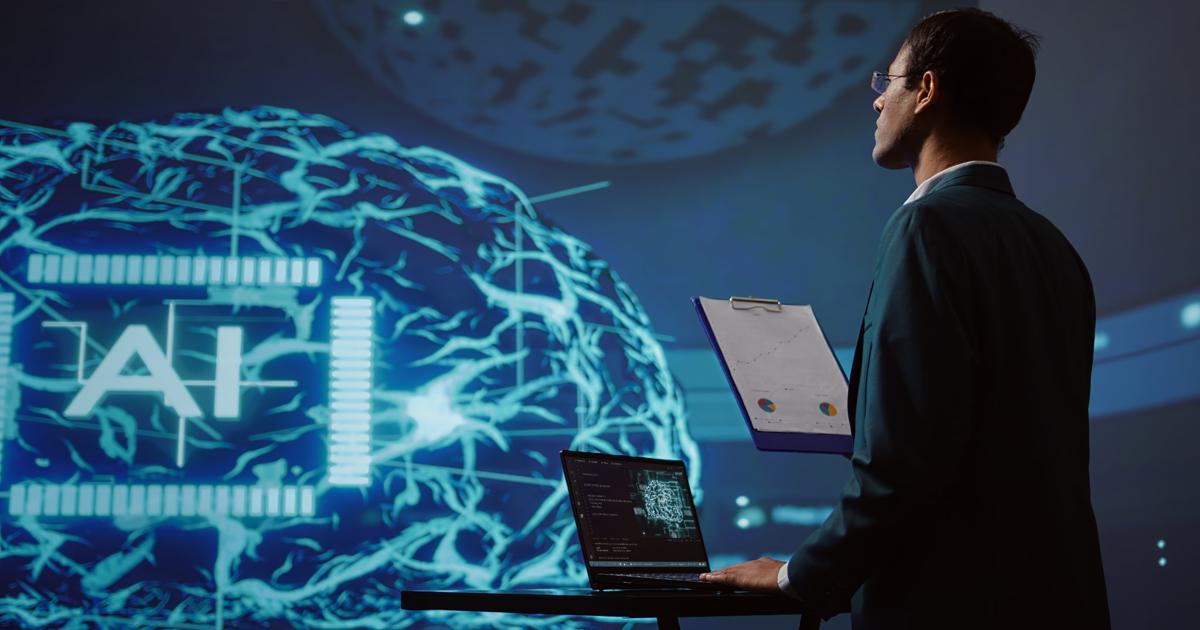Thursday, June 8th 2023
AI in HR Meets Big Gov

As artificial intelligence (AI) continues to play an increasingly important role in human resources, governments around the world are grappling with how to regulate its use. While some argue that AI can help eliminate bias in hiring and improve employee engagement and morale, others express concerns about privacy and the potential for discrimination. In this article, we explore the most important AI applications in HR and the efforts of governments to regulate their use.
AI Applications in HR
AI can be applied in a number of ways in HR, with the most common applications including hiring, performance management, and behavior monitoring.
Hiring: AI can be used to scan resumes, conduct initial interviews, and even predict which candidates are most likely to be successful in a role. By eliminating human bias, AI can help ensure that candidates are evaluated based on their skills and experience, rather than factors such as race, gender, or age.
Performance management: AI can analyze data on employee performance to identify areas where they may need additional training or support. By identifying areas for improvement, employers can improve employee engagement and morale, while also enhancing their overall performance.
Behavior monitoring: AI can be used to monitor employee behavior, including their online activity and even their tone of voice. This can help employers identify potential issues before they escalate, such as conflicts between team members or disengagement from work.
Employee Privacy
One of the primary concerns about the use of AI in HR is the potential impact on employee privacy. For example, behavior monitoring can raise concerns about employee surveillance, while the use of AI in hiring can lead to concerns about discrimination within an AI algorithm itself.
To address these concerns, governments are beginning to introduce legislation to regulate the use of AI in HR. For example, in the European Union, the General Data Protection Regulation (GDPR) sets strict guidelines for the collection and use of personal data, including data collected through AI. In the United States, the Equal Employment Opportunity Commission (EEOC) has issued guidelines for the use of AI in hiring, emphasizing the need for transparency and fairness.
Complexity of Managing Regulations
For large companies operating in multiple states and countries, managing AI regulations can be a complex and challenging task. Different jurisdictions may have different regulations governing the use of AI in HR, which can make it difficult for companies to ensure compliance across all of their operations.
To address this challenge, many companies are investing in people analytics software like TruPulse people analytics software, which can help them collect and analyze data on employee behavior and performance while also respecting relevant regulations. By using people analytics tools, companies can gain insights into employee engagement and morale, identify potential issues before they escalate, and keep compliance with regulatory requirements.
The Importance of Employee Engagement and Morale
While there are concerns about the use of AI in HR, it is important to recognize that it can also have significant benefits for employees. By eliminating bias in hiring and providing more personalized feedback and support, AI can help improve employee engagement and morale. This, in turn, can lead to higher productivity, lower turnover rates, and a better overall work environment.
To ensure that the benefits of AI are realized, it is important for companies to take a proactive approach to managing its use. This includes being transparent with employees about how AI is being used, ensuring that it is used in a way that is fair and equitable, and providing training and support to employees to help them adapt to its use.
Take Advantage of AI in HR, Despite Regulatory Change
The use of AI in HR is a complex and rapidly evolving field, with both potential benefits and concerns. While AI can help improve hiring, performance management, and behavior monitoring, it also raises concerns about privacy and the potential for discrimination. Governments around the world are beginning to introduce regulations to address these concerns, while companies are investing in people analytics software to manage compliance and gain insights into employee engagement and morale.
Despite the challenges, it is important for companies to adopt AI in HR. While it will be important for the HR team to keep abreast of regulatory changes that go into effect, no HR team can ignore the value AI adoption will bring to HR. AI is improving every department in today's modern company and HR is no different.
Recent blog posts


